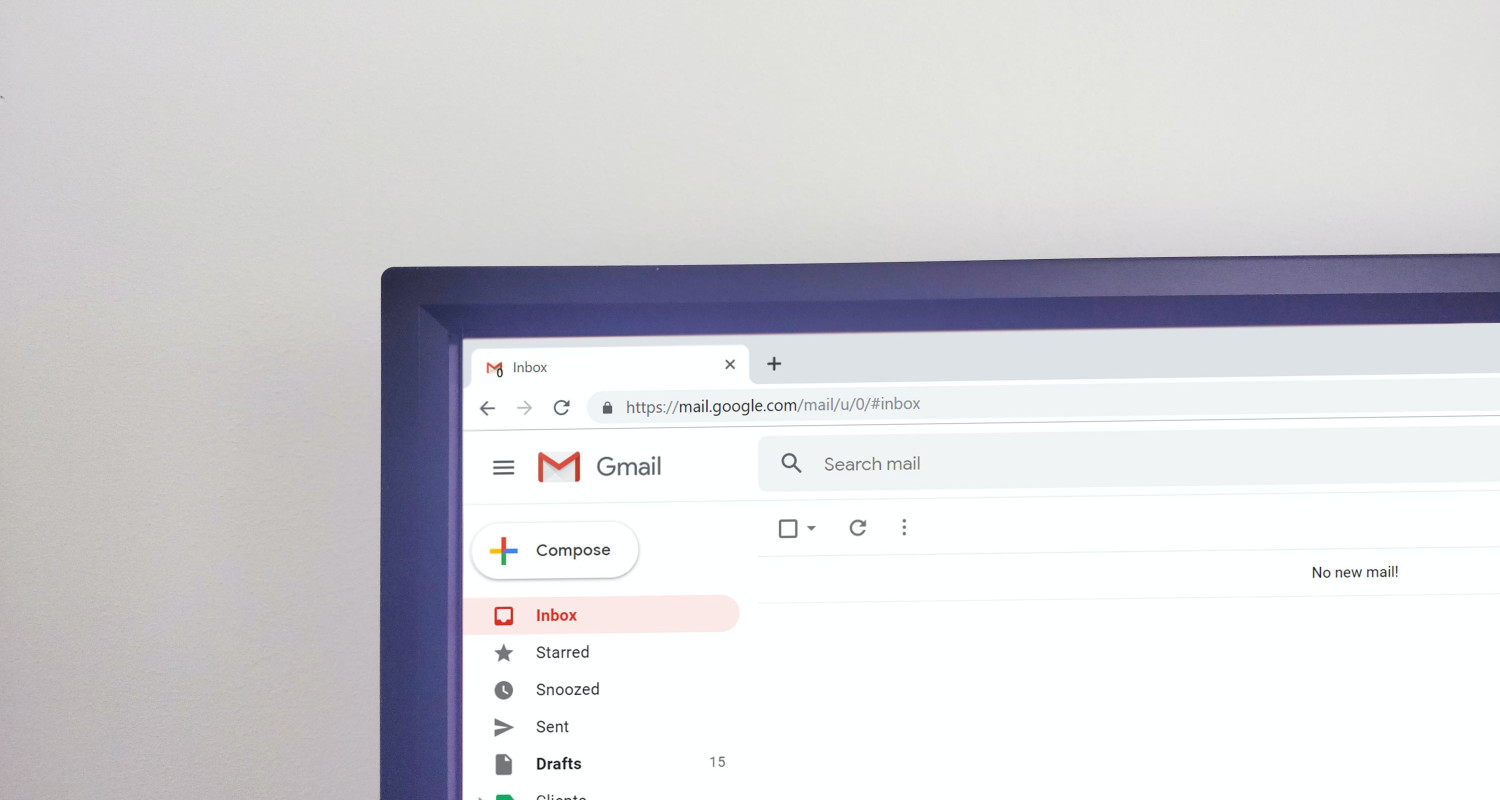Emails for relationships are essential in email marketing as they help strategically develop and enhance connections with subscribers. Relationship emails are unlike promotional emails, which focus on sales. They centralize their interest in the audience’s engagement, communication, and rapport development. Thus, an email establishes trust and loyalty by offering valuable content, personalizing messages, and providing timely information.
We shall discuss email marketing and what a relationship email is here. Relationship emails regarding customer relations in a constantly changing digital marketing world must be addressed. Extending communication beyond transactional interactions contributes to customer retention, brand loyalty, and long-term success.
By maintaining positive ongoing customer relationships, businesses can create an engaged subscriber community. This encourages brand advocacy and improves the overall customer experience. Put, relationship emails are the foundation of successful email marketing. It has been designed to foster meaningful and long-term associations with its viewership.
The Core Purpose of Relationship Emails
The cultivation and nurturing of long-term customer relationships is the main objective of relationship emails. Unlike transactional exchanges, these emails strive to establish authentic connections with subscribers by fostering trust and loyalty. Relationship emails intend to exceed sales pitches by consistently delivering relevant and valuable content.
Thus engaging in a meaningful conversation with the public. Relationship emails should mainly be about engaging and interacting with subscribers. This is done by developing customized messages addressing personal interests and responding to clients’ opinions.
Fostering a connection beyond the first touch point can be realized when businesses use targeted and tailored communication that resonates with their audiences. In relationship emails, engagement looks like a dialogue: followers are welcome to participate actively, e.g., through feedback or social sharing.
Distinction from Promotional Emails
Unlike promotional emails that generally revolve around product offers, discounts, and calls to action, relationship emails are more concerned with developing trust, engaging subscribers, and establishing long-term rapport.
Relationship-based emails work differently by not chasing immediate transactions; they aim to add value through customized content, relevant information, and interactive elements by creating dialogue – learning the desires and preferences of the audience and responding to feedback.
This strategy facilitates a greater permanent attachment rather than a one-off regarding marketing email messages. This way, brands can develop a following of customers who will be actively engaged, advocate for the brand, and contribute to long-term sustainable success rather than focusing on short-term sales.
Strategies to Foster Meaningful Interactions
To foster meaningful interactions through relationship emails, it is vital to create exciting content. The subject lines should be crafted to make the reader curious while also giving them an idea of what they will find if they open the email. Adding the recipient’s name and providing personalized recommendations can make your email more intimate.
To captivate readers’ attention, use engaging visuals and short scannable text. Methods for improving email open rates include optimizing send times based on subscribers’ habits and conducting A/B tests to polish subject lines. This way, personalization becomes possible by dividing the audience into several sections according to their interests and preferences.
Clear calls-to-action should be used to increase click-through rates, leading customers further down the sales funnel.
Delivering Value Beyond Sales Pitches
Relationship emails are more complex than sales pitches; instead, they offer ongoing value to customers who may not be searching for products. Despite no immediate purchase intentions, these emails provide valuable content like educational materials, thought-provoking writings, or exclusive deals.
Companies must always have something meaningful to offer to stay connected with the audience and retain their customer journey beyond transactional moments. Trust building remains a crucial aim of relationship emails. Instead of only promoting products, they encourage honesty in dealings, consistency, and talking to customers’ needs.
Trust is fostered by firms that remain consistently transparent and show genuine understanding of their customers’ needs beyond individual transactions- this lays a foundation for sustainable, lasting relationships with their clients.
See Also: Top 6 Types of Mobile Marketing Strategies for Better Reach
Design and Content of Effective Relationship Emails
A good relationship email requires a reasonable blend of shape and content to attract and sustain recipients. In terms of design, have a clean, visually appealing layout with a mix of text and pictures. Personalize the email by using their name as the salutation for recipients and add friendly statements.
Include white spaces to enhance readability and also include a straightforward call-to-action. Well, content is critical in building relationships as well as keeping them. A warm greeting should be given at the beginning, which may express genuine interest or gratitude.
Give some important information that relates to them, ensuring it matches their interests or solves their problems. Use anecdotes or stories that make sense to human beings to add feelings to your message. Consequently, one can ask questions that promote interaction or elicit feedback from others.
See Also: Is Email Marketing Dead? Everything You Need to Know
Benefits of Implementing Relationship Emails
Businesses that employ relationship emails benefit significantly in the long run, mainly due to enhanced customer loyalty and retention. When well thought out, these emails act as a direct line of communication for personalized information, which helps forge emotional ties with clients.
Businesses can improve consumer engagement and satisfaction by frequently providing valuable content, promotions, and updates, thus increasing brand loyalty. Successful relationship email marketing campaigns often result in higher customer lifetime value. This is mainly because satisfied customers will be more likely to repeat purchases.
Furthermore, positive email interactions lead to brand advocacy, converting loyal customers into brand ambassadors who recommend products or services within their networks.
Case studies demonstrate how effective relationship emails are. For example, personalized email campaigns by a retail brand that offered discounts on purchases or early access to sales significantly increased customer retention rates.
Additionally, there might be a case where an online subscription service used directed relationship-based emails to send personal recommendations based on user preferences, leading to higher user satisfaction and continued subscription renewals.
See Also: How to do Email Marketing for Schools? Get New Admissions
FAQs
What is the core purpose of relationship emails in email marketing?
Relationship emails focus on nurturing and growing customer relationships by emphasizing real connection, development of trust, and meaningful conversations with subscribers.
How do relationship emails differ from promotional emails?
Relationship emails are more about building trust and rapport than selling. Hence, they are personalized to contain relevant content, interactive elements, and helpful information that help create long-term client relationships.
What are some strategies for fostering meaningful interactions through relationship emails?
Key strategies include: Creating captivating subject lines. Personalization. Optimizing send times. Audience segmentation. Providing clear calls to action. Adding interactive elements like polls or surveys to encourage active participation and social sharing.
Conclusion
The future of email marketing undeniably lies in the significance of relationship emails. This is the era of digitized communication. The ability to connect with customers using customized and engaging messages continues to reign supreme.
The next generation of relationship emails will become increasingly focused, employing advanced data analytics and artificial intelligence to provide hyper-personalised content. The trends show that interactive emails are becoming increasingly popular. They can contain quizzes and surveys, making the clients more involved.
Additionally, emerging technologies such as augmented reality or interactive storytelling may offer more engaging and memorable email experiences. As consumer behavior continues to evolve, email marketing has grown with it. However, what remains unchanged is the importance of relationship emails in terms of driving customer loyalty.
This ultimately leads to business success in the digital marketing environment today.
Also, exclude internal traffic from your Google Analytics reports to ensure that your analytics data remains reliable and actionable.







